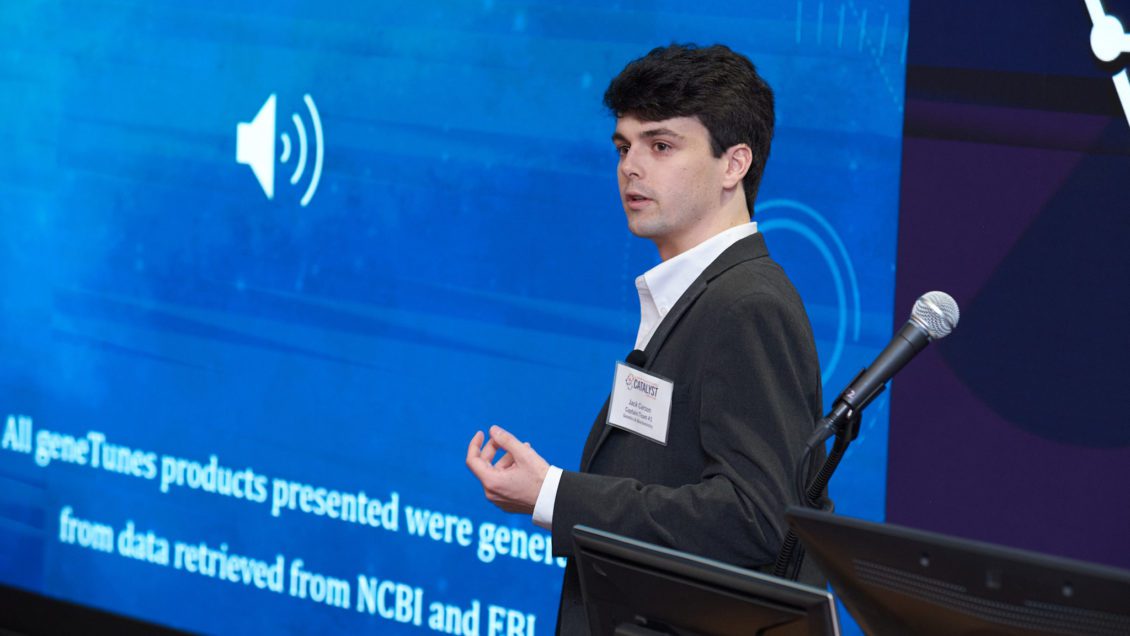Each of us is unique, and Clemson University junior genetics major Jack Carson wants to turn the single polymorphic genes causing our individuality into original artwork and music.
Carson won $2,500 after his product, geneTunes, took first place in the College of Science’s inaugural Catalyst Competition. This entrepreneurial challenge culminated on March 16 when student teams pitched their innovative ideas to a panel of judges in the Watt Family Innovation Center.
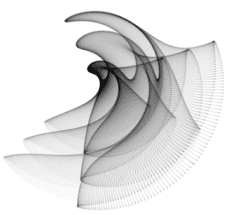
The consumer genetic testing market has exploded in recent years, growing from $54 million in 2014 to an expected $340 million this year.
“About every 12 minutes, one human genome is sequenced,” said Carson, who is from Charleston, South Carolina.
However, the consumer genetics market is limited to estimating a person’s genetic risk of developing some diseases and health conditions, providing clues about where a person’s ancestors might have come from and determining maternity or paternity, Carson said.
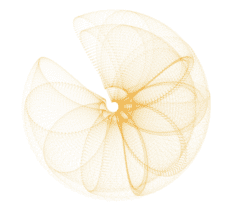
“geneTunes would give people pride in their unique genes and capture their individuality through art and music,” he said. “Nobody else in the world would have the same piece of gene art.”
Using an algorithm developed by Carson, computer software converts genetic nucleotides into art or music.
“I wanted to do something in the genetic information field, and it just so happened that the most profitable product I could find was one that mapped nucleotides bit by bit. That’s all music and art is. It’s just ones and zeros arranged specifically,” Carson said.
“It’s hard to give people music when you’re not sure what genre they like or what artists they are into, but you could give them music based on their hair color, eye color, or any trait that makes them unique,” he added.
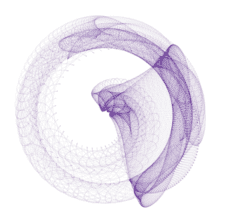
Carson said geneTunes has the potential to cash in on another booming market – NFTs, or non-fungible tokens. NFTs turn digital works of art and other collectibles into one-of-a-kind verifiable assets that people can easily trade on the blockchain.
Second place in the Catalyst Competition went to Luke Page, a senior chemistry major, for his test strips that would test illegal drugs for fentanyl. Counterfeit pain pills often contain fentanyl, which is about 100 times more potent than heroin.
Tori Luongo, Duygu Vargun, Abdullah Kose, Eddie Lewis and Andrew Zix took third place for “Cheap,” a computer software program that can predict viscoelastic material degradation and failure.
In the Catalyst Competition, student teams work with faculty advisors and mentor coaches to develop a product and come up with a plan to bring it to market. Each team that competes in Catalyst gets $500 in seed money.
Teams then pitch their ideas to a panel of judges.
Jeff Pearson, a Clemson alumnus and patent attorney who served as a judge for the competition, said all teams identified a problem and came up with a viable solution.
“There were some pretty amazing ideas. They all did an excellent job, but what stood out about the winner was how unique it was,” Pearson said. “I believe people will pay more than what Mr. Carson thought they would for his product. The future of NFTs and digital property is just getting started and there seems to be untapped market potential for geneTunes.”
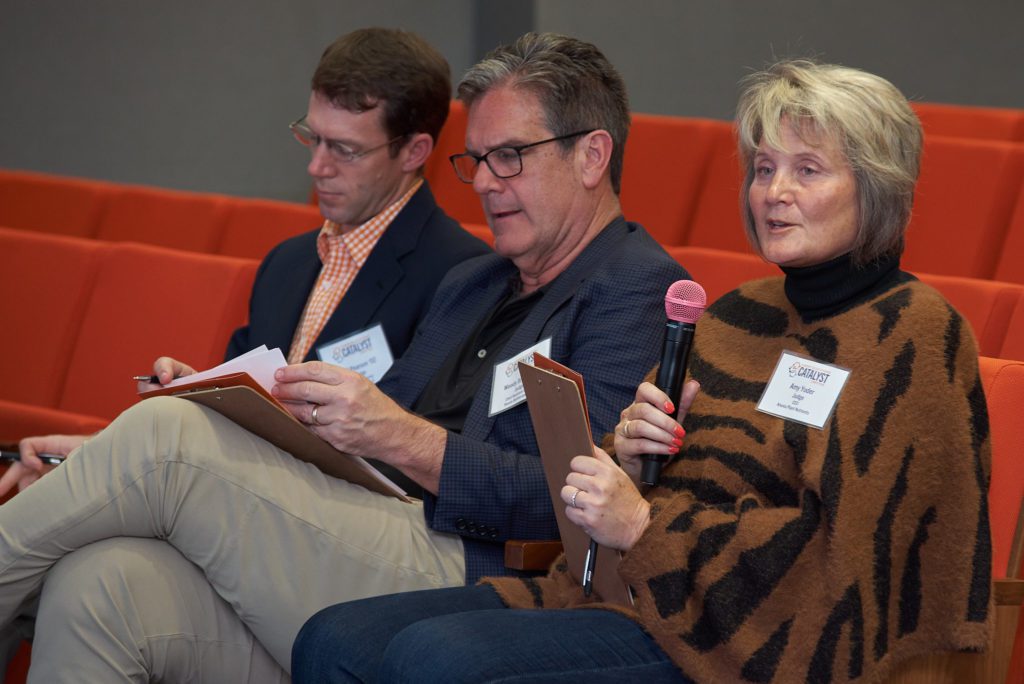
The College of Science pursues excellence in scientific discovery, learning and engagement that is both locally relevant and globally impactful. The life, physical and mathematical sciences converge to tackle some of tomorrow’s scientific challenges, and our faculty are preparing the next generation of leading scientists. The College of Science offers high-impact transformational experiences such as research, internships and study abroad to help prepare our graduates for top industries, graduate programs and health professions. clemson.edu/science
Get in touch and we will connect you with the author or another expert.
Or email us at news@clemson.edu

